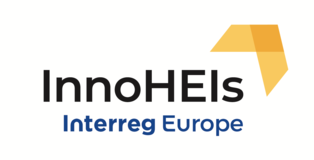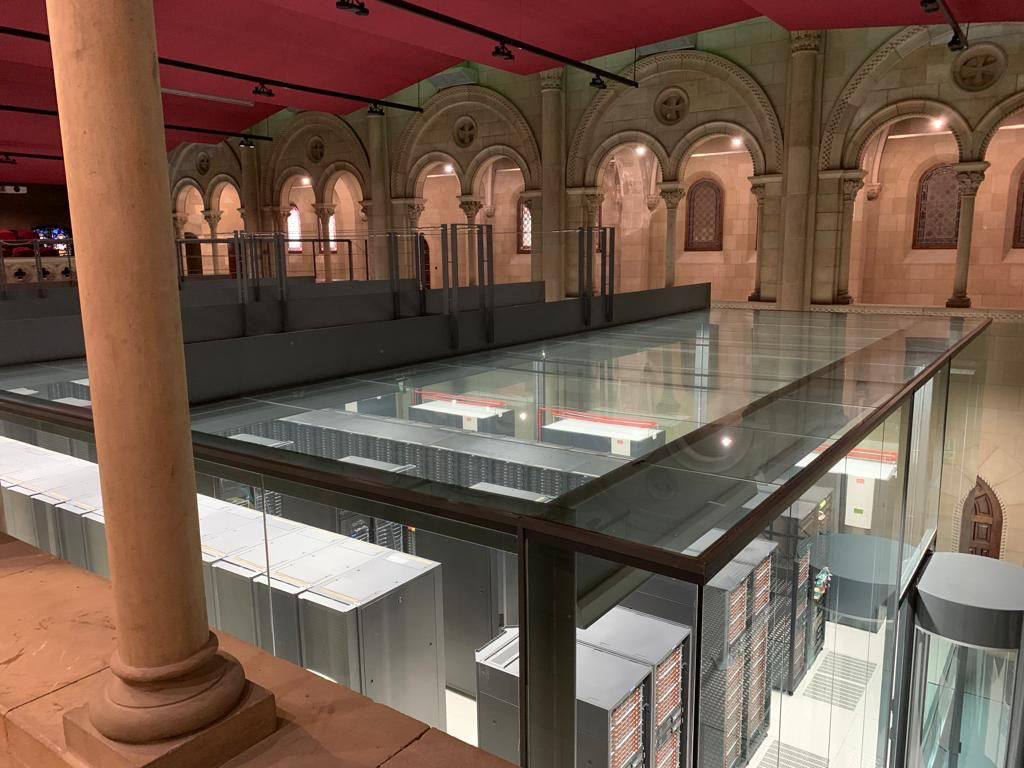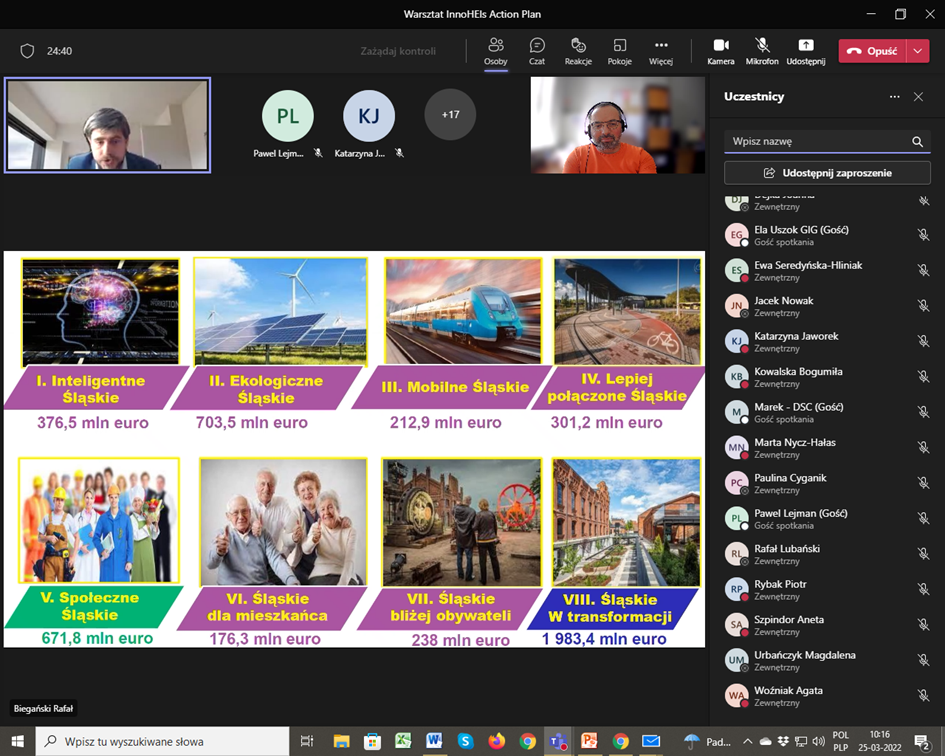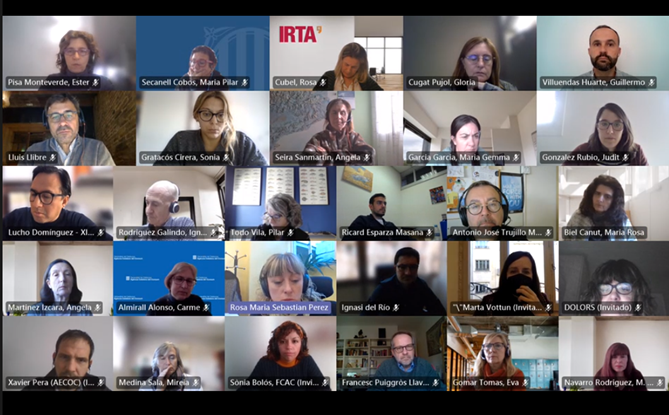On the 17th of February InnoHEIs partners from Lithuania and Northern Netherlands organized an online interactive workshop to discuss the HESS case studies that were performed by Eskarne Arregui, working at the European Commission (Joint Research Centre). In this workshop we specifically looked for solutions to enhance the role of High Education Institutions, their research and innovation infrastructure so that they can better contribute to regional development.
All InnoHEIs partners, local stakeholders and representatives from the European Commission were present during this interactive workshop. We organized different discussion rounds where we discussed topics such as:
- What kind of actions and ways should be taken aiming to attract talents to the regions/countries?
- How can research & innovation infrastructures become a space for higher education-business interactions, collaborations and innovation projects? Can students and international researchers become facilitators and bridges of such collaborations?
- How can students help/assist companies to climb on the innovation escalator? And at the same time, how could this lead to student retention in the region?
- How to further improve the connection and dialogue between HEIs, government and business, thereby creating regional strategic agenda’s?
- How to improve the connection and dialogue between HEIs, government and business aiming to ensure balanced funding for HEIs R&D infrastructure?
Some of the most important findings and outcomes of the discussion sessions are:
- HEIs can actively integrate students in ERDF-projects. Not just with their hard skills, but also with their soft skills. And also, to stimulate and support inter-generational discussions.
- In many regions there is an opportunity to (further) integrate VET, universities of applied science and scientific universities. It is seen in some regions that research innovation infrastructures can help facilitate this process.
- Knowledge exchange but also retention of talents in the region can be (further) stimulated by creating networks among the students themselves. Students of PhD’s placed/working at local companies can become ambassadors for the region and stimulate other students to work in their own region
- More generally, the participants highlighted the difficulty of deciding WHO should be leading the discussions in order to coordinate a real transformational agenda for the region. The importance of ensuring that all interests are around the table, and the impartiality between the decision-making and the funding agencies should be ensured.
- The creation of strong governance organisation is the key towards regional strategic transformative agendas, with the people given the representation and authority for decision making process.
- Measure, monitor and communicate success. There is a need to establish a clear way to measure how the dialogue develops against previously agreed objectives. Being able to measure and communicate success is essential to keeping a collaboration going and – more importantly – working out whether it’s on the right path, or needs work. It is also important to demonstrate clearly and unambiguously whether the project was a success, or whether it fell short in some areas.
It was a very inspiring session and it was lovely to share experiences and ideas again. The outcomes of the different discussion sessions will be shared among partners and will be further used and applied in the several regions by the InnoHEIs partners.










